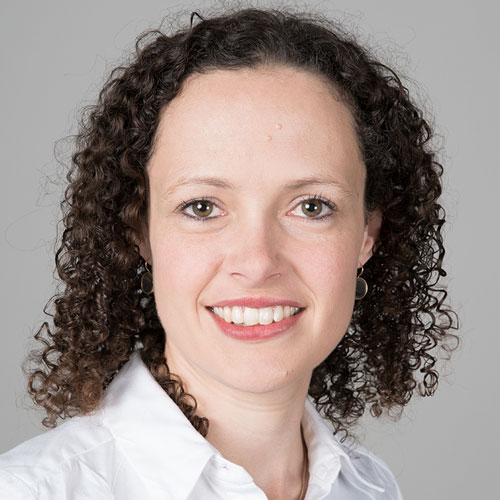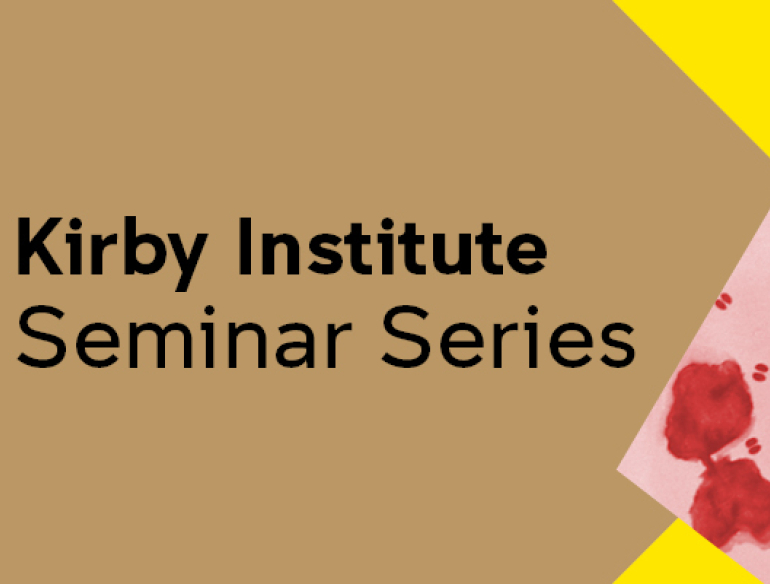Location:
Online event
Please click on the link just before the start of the webinar
Cost
Free
Contact for enquiries
Rata Joseph, +61 (2) 9385 0900 or info@kirby.unsw.edu.au
Abstract
Next-generation medical interventions for malaria prevention are needed to protect vulnerable populations, fill gaps left by current prevention, and tackle drug resistance. While early clinical evidence and expert opinion inform requirements for next-generation candidates, integrating modelling evidence early and iteratively provides a unique opportunity to link intervention characteristics, such as efficacy and duration, with expected public health impact. To support development and decision-making, we use mathematical disease models, data, and machine learning tools to define the key performance characteristics for an impactful intervention. We collaborate with the Bill & Melinda Gates Foundation to bring together research and development, implementation, and global health specialists to define target product profiles for next-generation interventions: monoclonal antibodies, vaccines, and chemoprevention.
 |
Professor Melissa Penny Heather-Marie Schmidt (BMedSc(Hon), MPH, PhD) is the regional advisor for pre-exposure prophylaxis (PrEP), jointly with the UNAIDS Regional Office for Asia and the Pacific and the Testing, Prevention and Populations team at WHO’s Department of Global HIV, Hepatitis and STI Programmes. As part of this role, she provides technical assistance to countries, organizations and communities across the Asia-Pacific region to support planning, implementation, and monitoring and evaluation of PrEP programs. She has policy, program and research expertise across a range of public health priorities including HIV, STIs and viral hepatitis, COVID-19, healthcare associated infections, and non-communicable diseases including at the NSW Ministry of Health and the regional civil society network, APCOM. She is passionate about improving the public health response to help end HIV transmission across the Asia-Pacific region, particularly with the introduction of PrEP as an additional HIV prevention option. |
Opinions expressed in the Kirby Institute Seminar Series are solely those of the speaker and do not necessarily represent the views or opinions of the Kirby Institute or UNSW.
